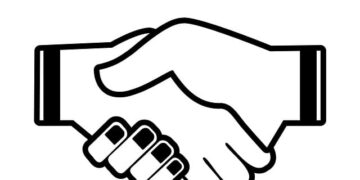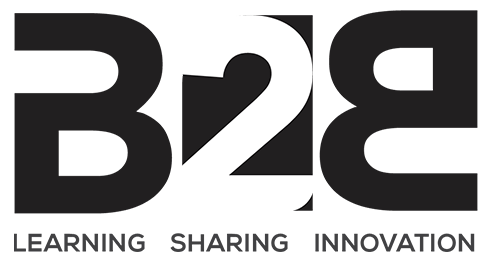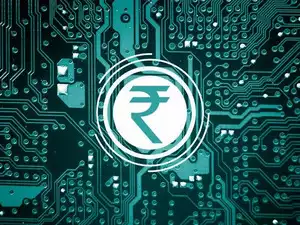Indian fintech startup InsuranceDekho raised $150 million from a clutch of investors led by Goldman Sachs Asset Management, an unusually large investment round that will help it target an under-served domestic market.
TVS Capital Funds co-led the equity and debt financing, the largest-ever Series A round for an Indian insurance technology company, the startup said in a statement. Investcorp, Avataar Ventures and LeapFrog Investments participated.
InsuranceDekho — Hindi for “Check Out” Insurance — was founded by Ankit Agrawal and Ish Babbar in 2016. It will use the new capital scale up technology and product, expand into new markets and grow the company’s business with small and medium enterprises. It could also bankroll acquisitions.
Based in Gurgaon outside New Delhi, the company is targeting an annualized premium run rate of 35 billion rupees ($423 million) by March. It competes in a busy market with rivals such as SoftBank Group Corp.-backed PB Fintech Ltd.’s PolicyBazaar and Amazon.com Inc.-backed Acko General Insurance Ltd.
Most forms of insurance are still mainly purchased by India’s urban population, which accounts for about three-quarters of policies sold. But digital startups like InsuranceDekho aim to reach smaller cities and rural buyers by using technology for wider distribution.
“There are two Indias within India,” Chief Executive Officer Agrawal said in an interview. “The real India is in the small towns and villages where trust and affordability hold the key to insurance purchase.”
The investment round came at a tough time for the global venture capital market. Funding in India dropped to $2.7 billion last quarter, the lowest level in more than two years, according to CB Insights.
InsuranceDekho, a subsidiary of used vehicle platform CarDekho, sells more than 80% of its insurance products outside the biggest cities. The startup covers about 1,300 towns and aims to enlist over 200,000 advisers on its platform by the year’s end.
Insurance penetration in India is about 4.2% of gross domestic product, compared with 12% in the US and below the global average of 7%, the company said, citing the India Brand Equity Foundation and Statista.
























































